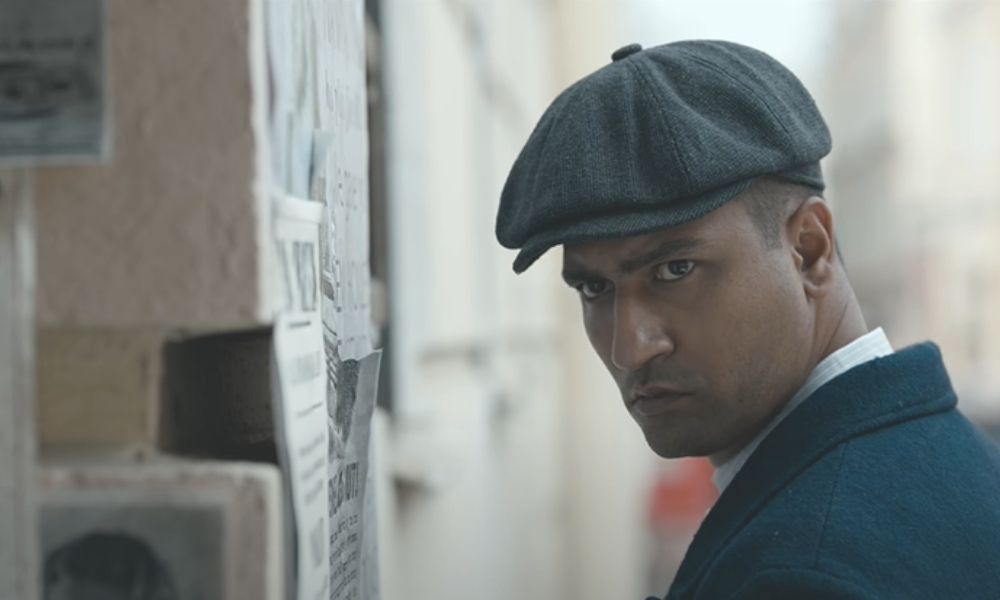
Sardar Udham Is The Journey Of An Unrelenting Revolutionary 'Not' Fueled By The Reactionary Sense Of Heroism!
India, 26 Oct 2021 2:55 PM GMT
The film explores the idea of a sustainable revolution, one that is not fueled by a reactionary sense of heroism, a revolution that thrives even during the mundane of times.
A revolutionary who loves to read "Heer Ranjha", a revolutionary who loves to eat "laddoo", Sardar Udham is the story of a hero whose idea of revolution is not flared up by a jingoistic hyper-nationalism. Shoojit Sircar, in his masterpiece, underlines a significant event in India's freedom movement that often doesn't see daylight in school textbooks. The film explores the idea of a sustainable revolution, one that is not fueled by a reactionary sense of heroism, a revolution that thrives even during the mundane of times.
Written by Ritesh Shah and Shubhendu Bhattacharya, Sardar Udham brings many nuances to the table, sketching a tale of empathy word by word, of memory that doesn't fade away when the next big thing happens. It personifies the ideologies of Sardar Udham, who, almost like a world citizen, stood against inequality for all. Without diluting the complex emotions of the hero, the film brings out the journey of a revolutionary who agonises for years before accomplishing his final goal.
Vicky Kaushal's on-screen portrayal of devastating silences becomes the ultimate voice of the film. His countenance and expression bring out the deep conflict and grief of the character. It elevates the essence of remorse that is purged at the climax of the film. "Meri Jawani Ka Koi Matlab Bana?" he says past all cliches of what quintessential freedom fighters of conventional Bollywood films are boxed into! Vicky remarkably executes the stoicism of Udham's character. In a conversation with The Logical Indian, he said, "I think for me the most beautiful part was that I had to surrender myself to Soojit Sircar. I had to unlearn everything, empty my cup and let him fill that cup with his vision of Sardar Udham."
The other characters of the film retain individualities of their own. The British characters are not suffocated into the absolutism of a perfectly evil enemy trope to serve the protagonist's character development. "I don't hate the Britishers. I have many British friends", says Sardar Udham. In addition, it was refreshing to see the ideas of Bhagat Singh spread out, embracing its ideological layers. "Aese hi nahi revolutionary ban jaate hai, aap bias nahi ho sakte, communal nahi ho sakte, casteist nahi ho sakte. Revolutionaries me class nahi hoti. Sabse important cheez hai equality.", says Bhagat Singh without the background cinematographic drama or goose bumping intense music. In its first, the sheer humanisation of the freedom fighters brings them closer to us in many ways. It does not just humanise the heroes for us but, in doing so, also humanises the sacrifices made! The cinematography is a long way from making the freedom movement look "larger than life" in the process, also making it "distanced from life". Avik Mukhopadhyay's cinematography dissociates the sacrifice of lives from the high octane drama and serves it in all its unrelenting reality. The sequences stacked in a multidimensional order explore the textured dynamics of a 20 years timeline.
Sardar Udham is heartbreaking, sincere and unrelenting! It's a revisit into the lanes of modern Indian history with new and evolved lenses that captures the gravity of certain landmark events of the Indian Freedom Movement.
 All section
All section













